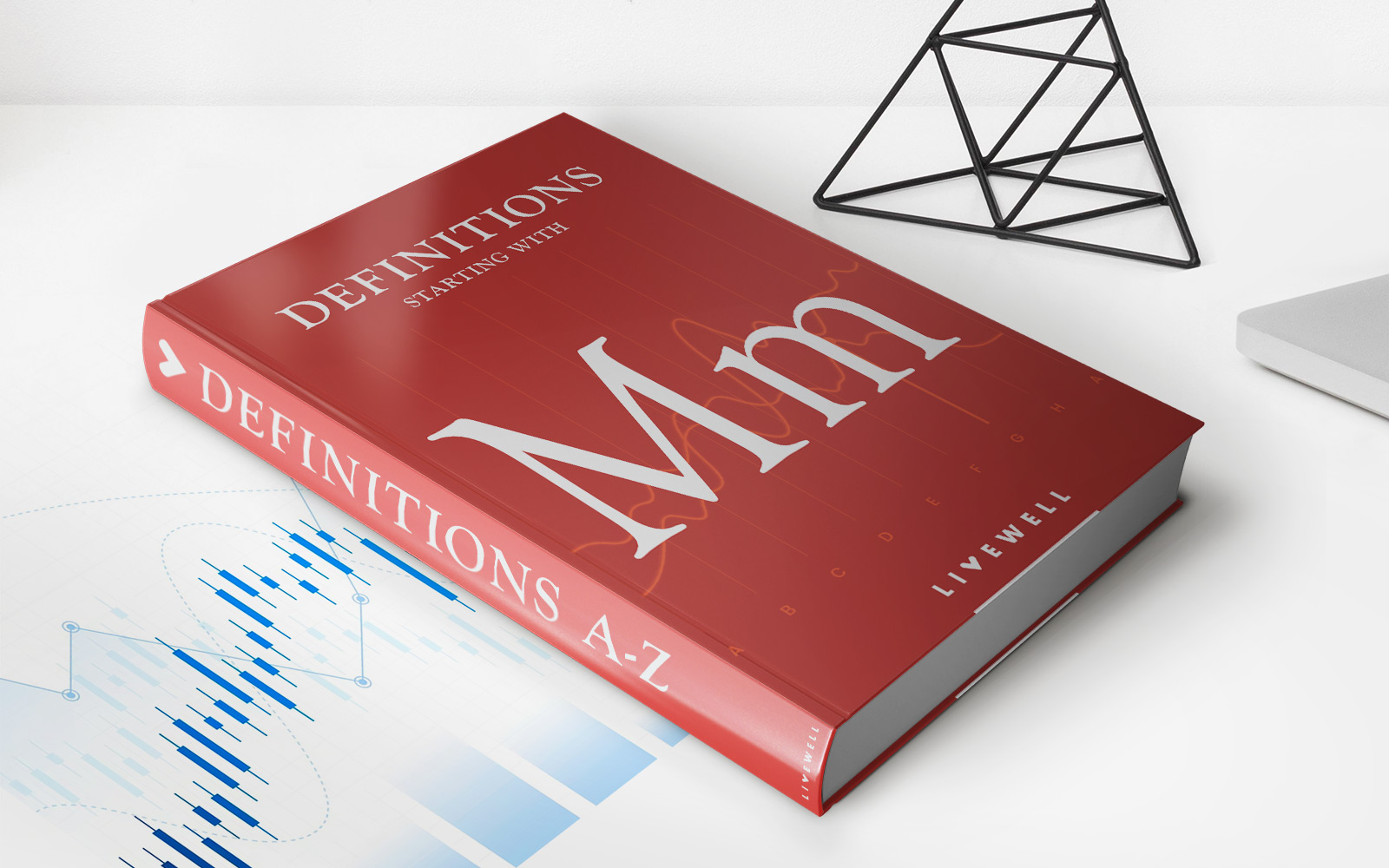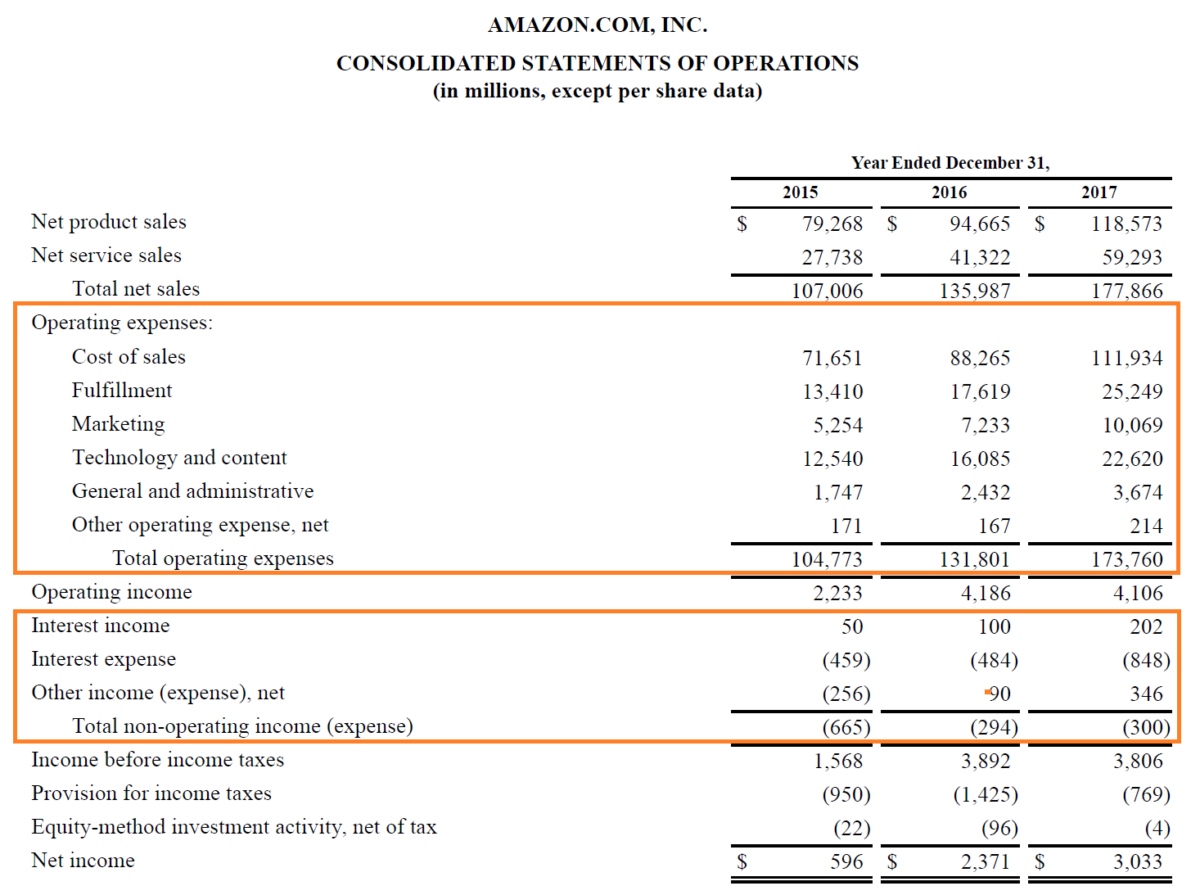

Finance
Digital Currency Exchanger (DCE) Definition
Modified: February 21, 2024
Discover the definition of Digital Currency Exchanger (DCE) and explore its role in the world of finance. Uncover how DCEs facilitate the exchange of cryptocurrencies and traditional currencies.
(Many of the links in this article redirect to a specific reviewed product. Your purchase of these products through affiliate links helps to generate commission for LiveWell, at no extra cost. Learn more)
What is a Digital Currency Exchanger (DCE)?
Welcome to our Finance category, where we dive into the fascinating world of financial technology and innovation. Today, we’re focusing on digital currency exchangers (DCE) – an important aspect of the rapidly growing digital currency market. In this blog post, we will explore what a DCE is, how it works, and why it matters in the evolving world of finance.
Key Takeaways:
- A Digital Currency Exchanger (DCE) is a platform that allows users to exchange one form of digital currency for another.
- DCEs provide services similar to traditional currency exchange platforms, enabling individuals and businesses to convert their digital assets efficiently.
So, what exactly is a Digital Currency Exchanger? In simple terms, a DCE is a platform that facilitates the exchange of digital currencies. Just like a traditional currency exchange would allow you to trade your dollars for euros, a DCE enables users to convert one type of digital currency into another. This can include popular cryptocurrencies such as Bitcoin, Ethereum, and Litecoin, among others.
Nowadays, with the rise in popularity of digital currencies, DCEs have become essential tools for individuals and businesses looking to navigate the decentralized ecosystem. Let’s take a closer look at how these platforms work:
- Registration: Users typically need to create an account on a DCE by providing basic personal information and going through a verification process. This helps ensure compliance with regulatory standards and protects against fraudulent activities.
- Wallet Integration: Once registered, users can connect their digital wallets to the DCE, allowing them to deposit and withdraw digital currencies. These wallets act as digital bank accounts that store the user’s assets securely.
- Trading: Users can then begin the process of exchanging their digital currencies. DCEs provide real-time market data, order matching, and liquidity to enable seamless trading experiences. Users can place market or limit orders to buy or sell their chosen digital assets.
- Security: DCEs prioritize the security of user funds and often employ industry best practices such as two-factor authentication and cold storage to protect against hacking and theft.
- Regulation: Many DCEs operate under regulatory frameworks to ensure compliance with anti-money laundering (AML) and know your customer (KYC) regulations. This helps to maintain the integrity of the platform and protect users from illicit activities.
Now that we have a better understanding of how a Digital Currency Exchanger functions, let’s explore why it matters in the world of finance:
- Accessibility: DCEs make it possible for individuals from all over the world to access and trade digital currencies, providing financial opportunities to those who may not have access to traditional banking systems.
- Liquidity: By providing a platform for trading digital currencies, DCEs contribute to the overall liquidity of the market. This liquidity ensures that individuals can easily buy or sell their digital assets without significant price fluctuations.
- Portfolio Diversification: DCEs enable users to diversify their investment portfolios by allowing them to trade between different digital currencies. This diversity helps mitigate risks and potentially increase returns.
As the digital currency market continues to evolve, Digital Currency Exchangers play a prominent role in facilitating the exchange of these assets. They bridge the gap between traditional financial systems and the decentralized world of digital currencies, opening up new possibilities for individuals and businesses around the globe.
We hope this blog post has provided you with valuable insights into the world of Digital Currency Exchangers. Stay tuned for more informative content on the fascinating topics within the realm of finance!














